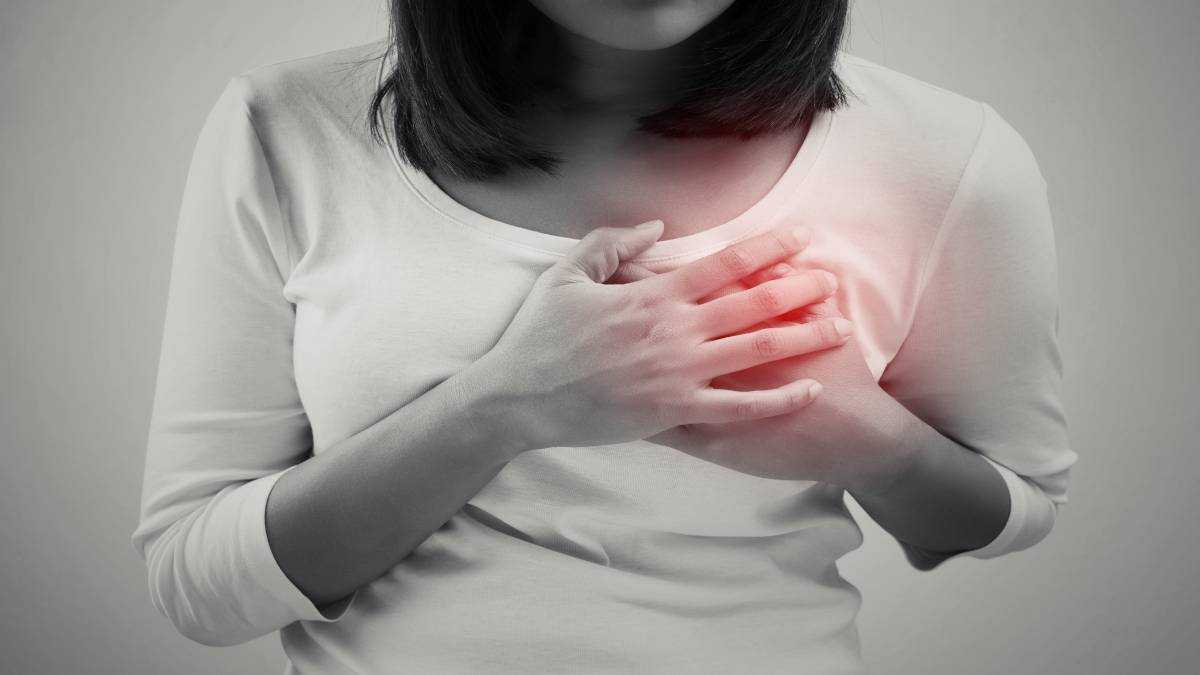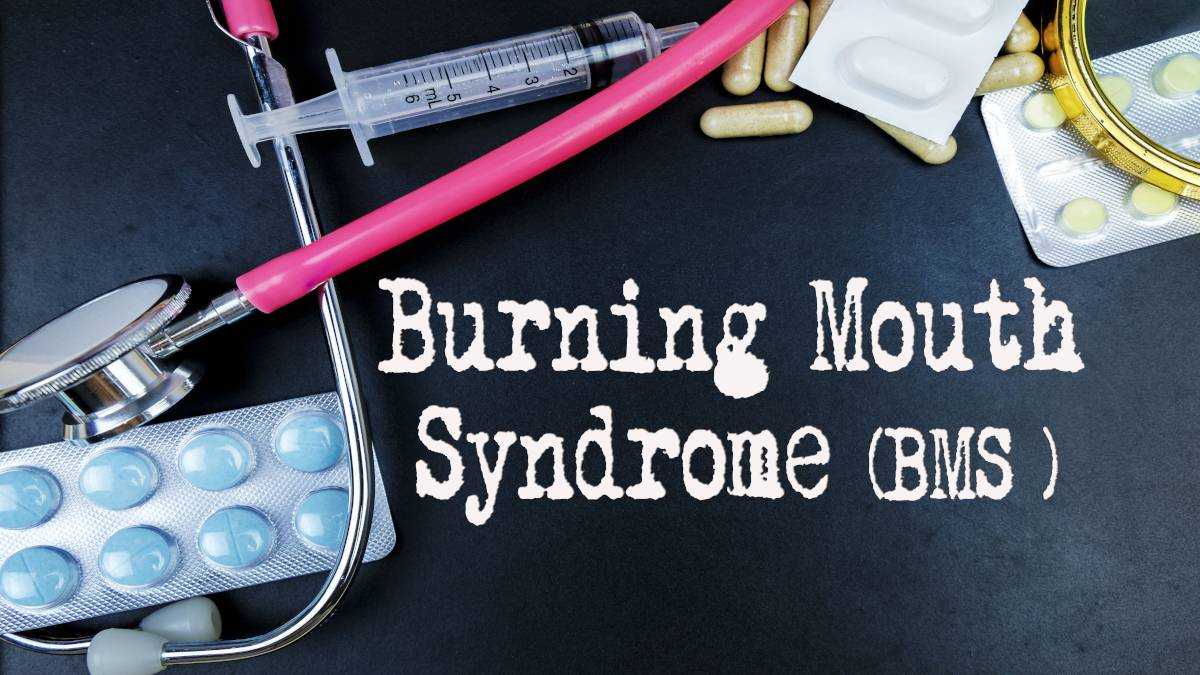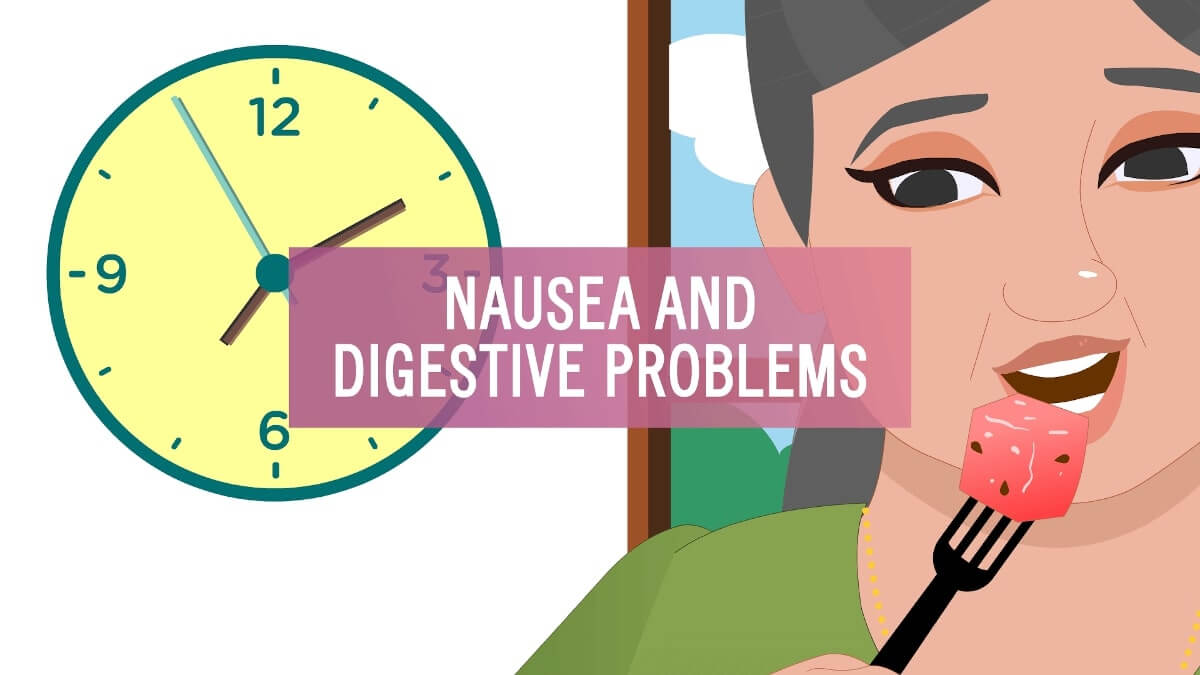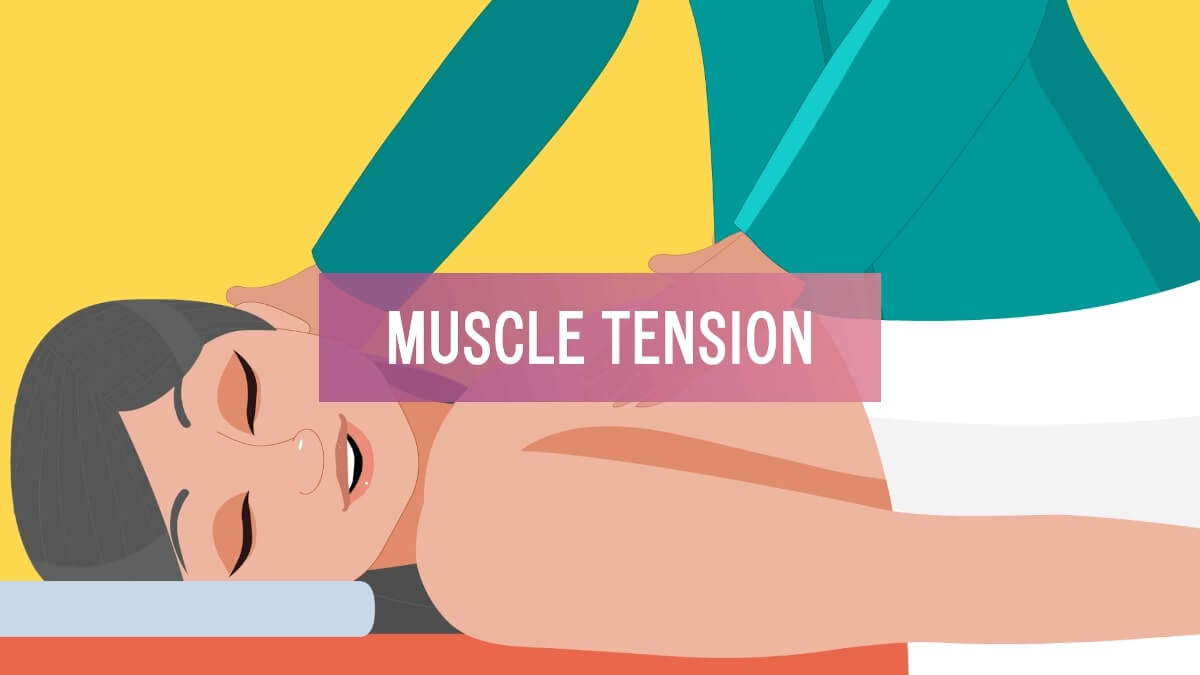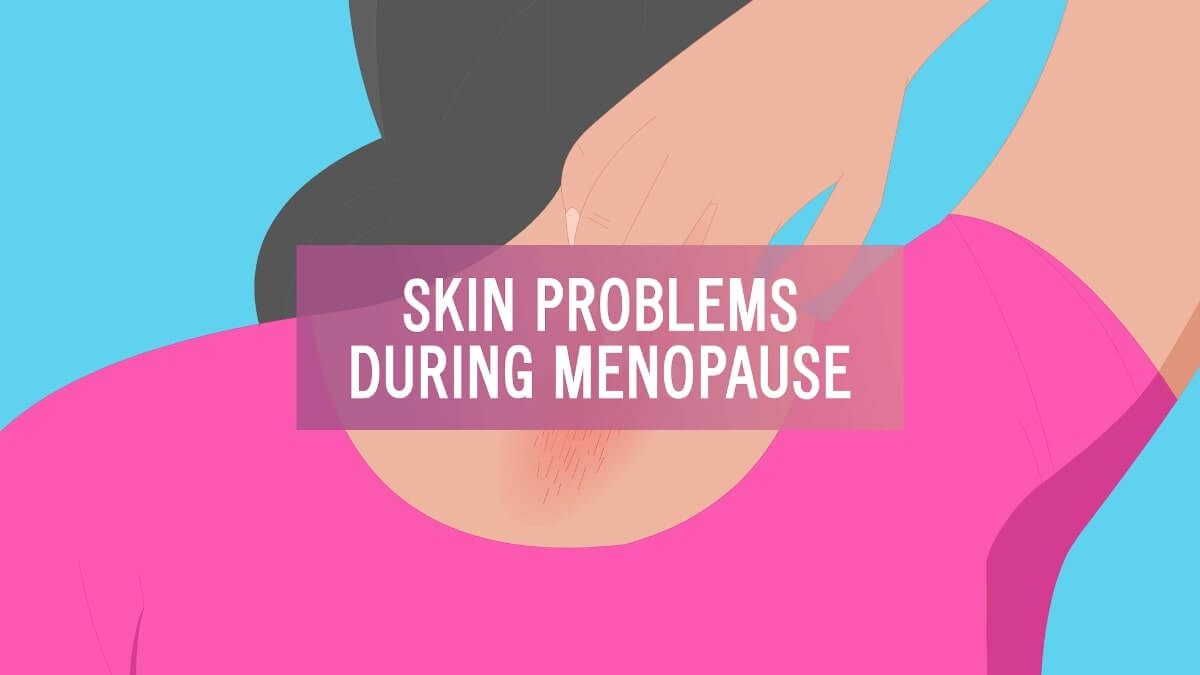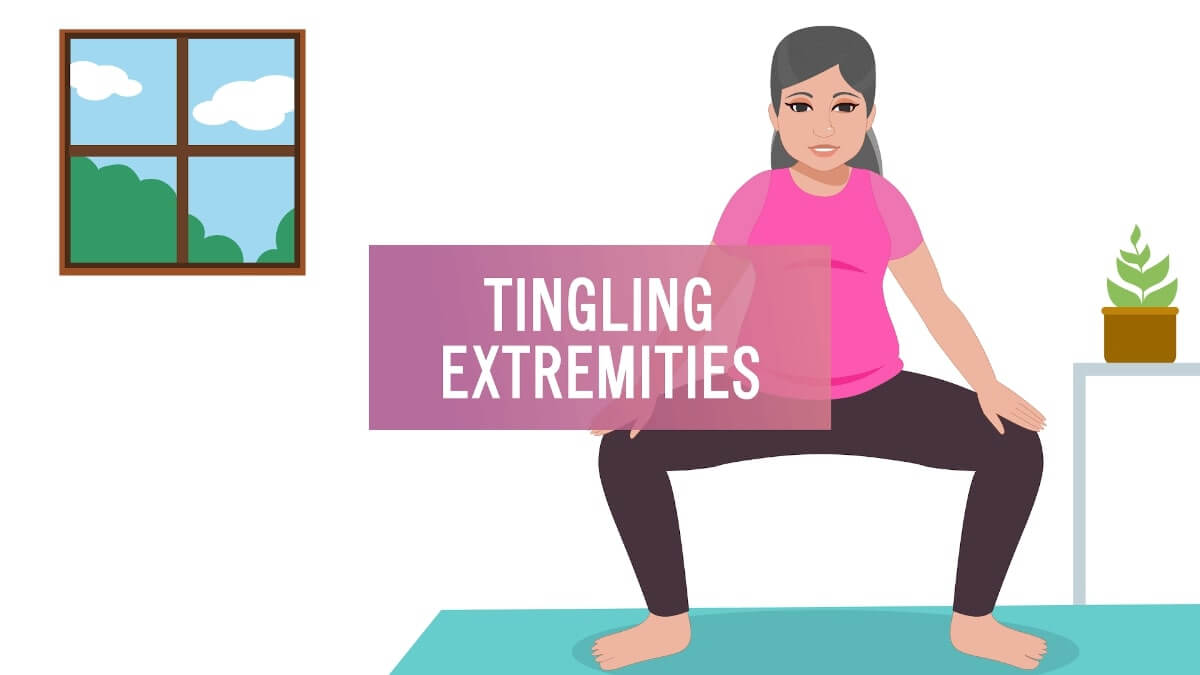Some women may have more frequent headaches in perimenopause due to fluctuating hormones.
Many women who experience hormonal headaches may find relief during menopause. Others may notice an increase in headaches.
What causes headaches during menopause?
The most common form of severe headache is migraine, as its peak is closely related to hormonal fluctuations. Migraine is the most intense of all headaches, compared to tension and sinusitis headaches, which can be the other two common types of headaches.
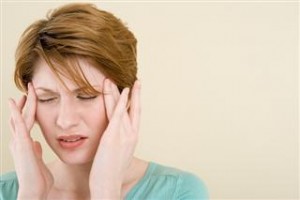
In addition to fluctuations in hormone levels, menopausal headaches may also be due to a combination of factors. Studies remain inconclusive as to the underlying cause. Lifestyle can also be a trigger such as stress, synthetic stimulants, sleep loss, alcohol, and certain foods or lack of food.
Migraine is the kind of headache that’s the most intense. The pain usually grows on one side of the head or in the back of the eyes and starts to pulsate or throb. This may be accompanied by an aura, or flashing lights and nausea.
The other type of headache in menopause may be a tension headache. It can be associated with stress and tend to be much less extreme than migraines. Tension headaches can be characterized by a feeling of tension or moderate pain in the forehead and on the upper part of the neck
Sinusitis may trigger headaches at any age. It is not specific to menopause. Paranasal sinuses are small air-filled cavities in the forehead and cheekbones. If the lining of these sinuses become inflamed due to infection, you may feel congested and feel pain in your face.
Why does menopause cause headaches?
Much can be attributed to the hormonal changes the body undergoes during menopause. Estrogen and progesterone levels fluctuate in menopause and trigger headaches.
Investigations
If you suffer from frequent headaches, it is better to consult a doctor. It may be essential to rule out any underlying pathology for a new-onset headache. High blood pressure can also trigger headaches. If your doctor finds it necessary, he may recommend a CT or MRI scan.
Treatment of menopausal headaches
Home remedies:
The sooner you start treating your menopausal headache, the better your chances of relief. The following steps can help alleviate menopausal headaches:
– Massage the area where you feel the pain.
– Perform deep breathing or other resting exercises.
– Use aromatherapy oil/ acupuncture
– Relaxation techniques
Diet and lifestyle changes can prevent these headaches. Common triggers may be alcohol, cheese, caffeine, and chocolates. These should be avoided. Regular exercise, improving hydration and regular sleep timings can prevent headaches. Supplements like Vitamin B2, Vitamin D, magnesium, and Coenzyme Q 10 may help prevent headaches. Other measures may include increasing Magnesium in the diet from sources like nuts, flaxseed, salmon, and dark green leafy vegetables.
Drugs
Some medications like pain killers (NSAIDs) offer acute treatment. These medications ought to be taken as soon as a headache or migraine attack begins. For women who suffer from frequent menopausal headaches, remedial, and preventive medicines can be used. These medicines can be taken every day or before cycle time when you realize that you are more likely to have a headache during menopause.
These medications include:
– Beta-blockers
– Anticonvulsants
– Calcium-channel blockers
– Antidepressants
HRT
Hormone replacement therapy may sometimes worsen the headache. The use of estrogen patches rather than oral medication is less likely to trigger headaches.
Conclusion
Women disclose headaches during menopause in various ways. Bear in mind that it is not uncommon to feel that your body is changing dramatically and that the symptoms will subside with time.
Special thanks to Dr Preeti Deshpande M.S.(OBGY), FICOG, Endoscopy Training IRCAD (France) for the expert advice.


